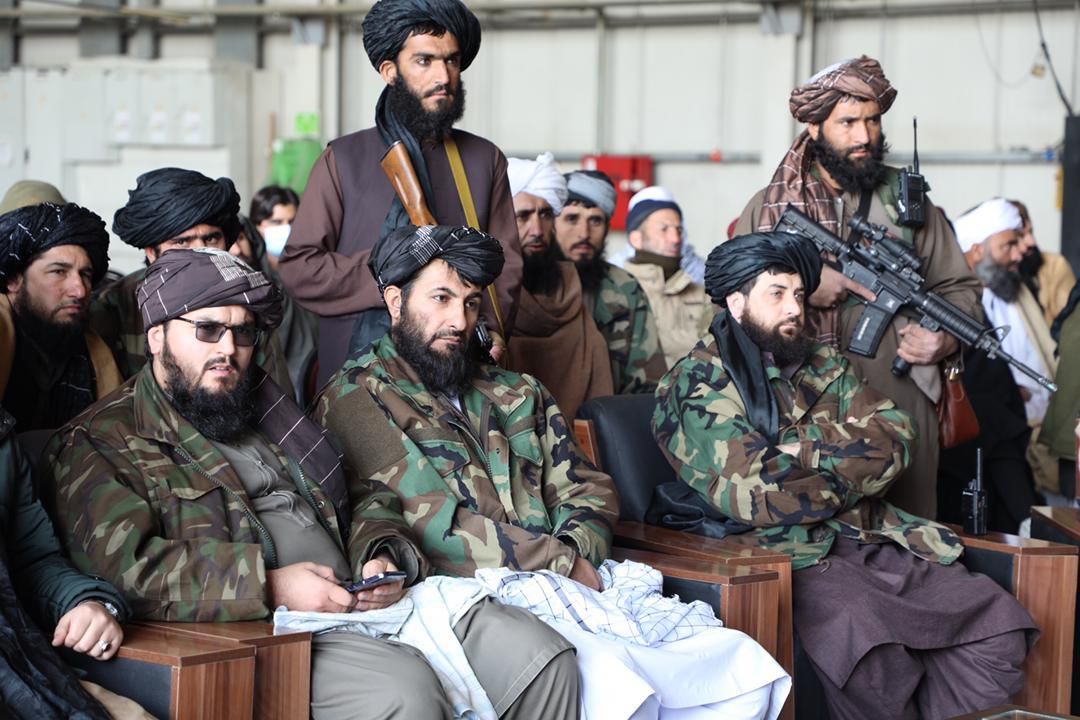Afghanistan has now become what the UN is labeling the planet’s worst humanitarian disaster. Indeed, last week the world body issued its largest-ever donor appeal for a single country to battle the worsening crisis there, caused by freezing temperatures, frozen assets, and the cold reception the Taliban have received from the international community since they took over last summer.
At immediate risk are 24 million people — more than half of the Afghan population — who need humanitarian assistance to survive. That’s an increase of 30 per cent from last year. Meanwhile, 700,000 people have been internally displaced by violence since 2021, mostly women and children. Afghans, already among the largest refugee populations in the world, are leaving in droves, but getting a cold reception in neighboring countries as well as in an uneasy Europe.
The regional stakes are getting higher.ISIS-K, an offshoot of the broader Islamic State movement that expanded to Central Asia and South Asia, remains a threat. Attacks by local Taliban in neighboring Pakistan are picking up. Iran, which houses remnants of the previous regime, is moving closer to the Taliban. Turkmenistan and Uzbekistan are exchanging threats with Kabul’s new rulers over military equipment or militant training camps, depending on who you ask.
This, as China sustains a secretive dialogue for mining contracts, but with a tepid interest in rescuing the Afghan economy.
But the economy needs more than rescuing. Atrophied by drought and COVID, it lies tattered by its dependency on foreign aid, which has mostly evaporated. The damage is worse than expected, for the country has suffered an immediate GDP contraction of an estimated 40 per cent since the Taliban takeover.
As the population approaches the mark of near-universal poverty, a liquidity crunch has paralyzed banking, health, and education. Public-sector employees haven’t been paid in months. Taliban soldiers, victorious in the battlefield, now protect ATM machines and food queues. The rich are selling their valuables. The poor are selling their organs. The destitute are selling their children.
Some claim that there’s a silver bullet available. If the U.S. releases the $7 billion of Afghan foreign reserves it still holds, and greenlights the Europeans to unfreeze the $2.5 billion held by them, then Afghanistan will be saved from starvation and death. But the problems ensnaring the country’s broken financial system are more complicated, and need more than just humanitarian aid.
US sanctions remain the single biggest question mark about how the world will deal with Afghanistan. For one thing, several Taliban leaders are still designated as terrorists, which means anyone who deals with them can be subject to criminal or civil penalties.
For another, the recent humanitarian exemptions granted by the US to get emergency aid to Afghanistan are not enough to address the larger problem: that Afghanistan remains cut off from the global financial system, which means that international bankers, investors, and even NGOs cannot get money into the country without violating US sanctions.
Also, the Taliban are still international pariahs. Though they have requested the unfreezing of Afghanistan’s assets, they haven't done much to gain international sympathy since they assumed power, and remain unrecognized diplomatically. They continue to deny women jobs and girls education, clamp down on journalists, and kill members of the former government.
While they’ve reneged on their promise of evacuations, the Taliban also pick fights with their neighbors and train suicide bombers.
Even if the sanctions are lifted and the funds are freed by some miracle of international consensus, the Taliban must ask themselves a tough question: do they actually have the capacity to emerge as rulers of Afghanistan and help their people?
As the journalist and author Ahmed Rashid told our own Ian Bremmer: they can rule, but they can’t govern.